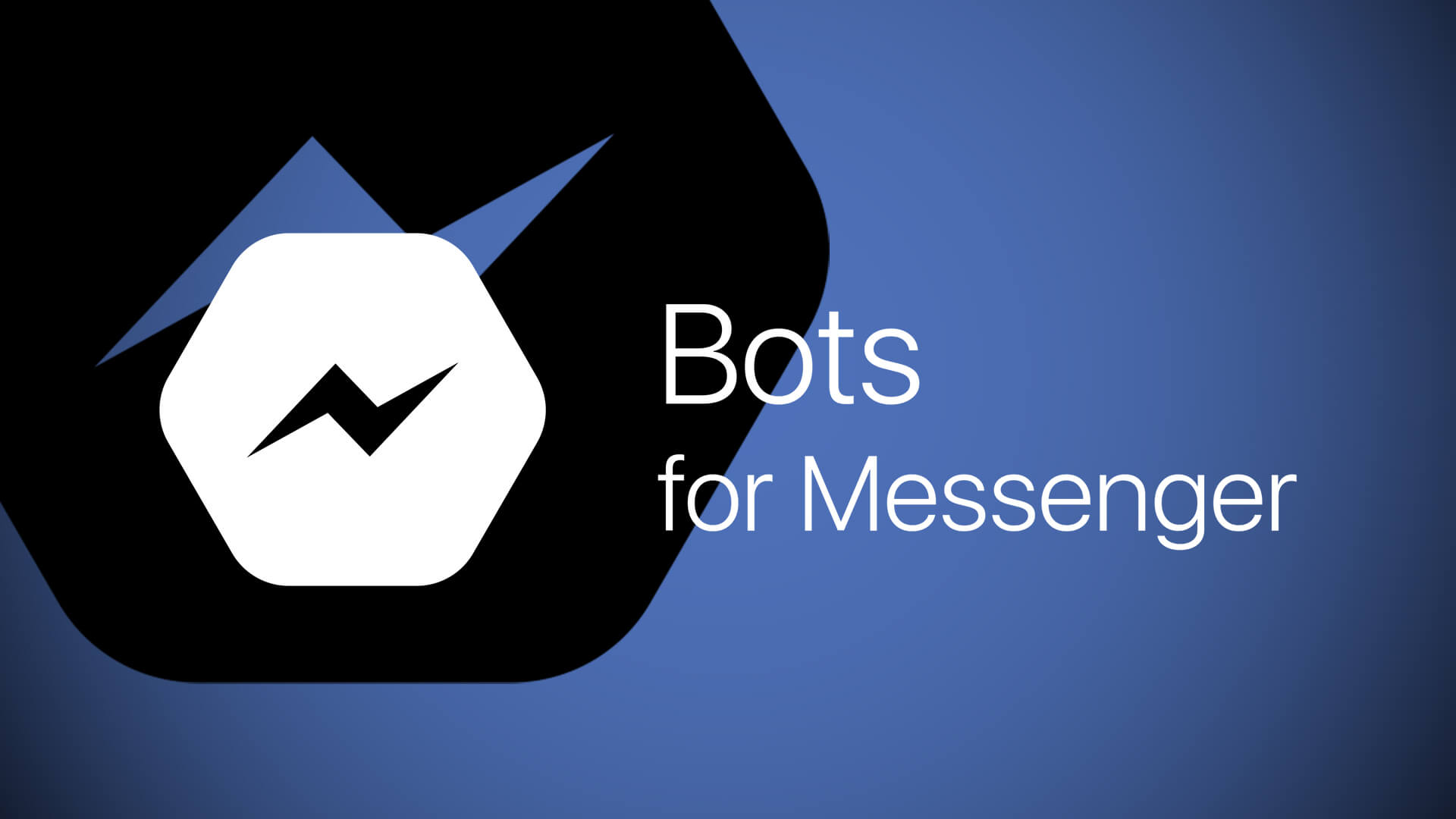Facebook has created its own analytics tool for Messenger bots
Facebook's free Messenger bot analytics tool will cross-reference Messenger interactions with Facebook user data and can tie into mobile app, web analytics.

With more than 34,000 Messenger bots on the market since their April 2016 debut, Facebook is rolling out an analytics tool that will detail to Messenger bot makers how people are interacting with their bots and cross-reference those stats with people’s Facebook profile data, in hopes of improving people’s experiences with those bots.
Developers, including brands and publishers, will be able to use the new branch of Facebook Analytics for Apps in the same way they use Facebook’s analytics platform to track how people are interacting with their websites and mobile apps, and will be able to connect those people across the three platforms. And like the other analytics products, the bot analytics tool will be available for free.
For example, a Messenger bot maker will be able to see how many people opted to stop receiving messages from a Messenger bot, break down that audience into segments according to their Facebook profiles — like their age, gender, job title, relationship status, household income, purchase behavior and whether they’re fans of a brand’s Facebook page — and see which message was sent before the people opted to block the bot, according to Facebook Analytics for Apps product manager Josh Twist. Facebook is aggregating and anonymizing the data so that developers won’t be able to see how specific individuals are interacting or their profile data, he added.
Messenger bot makers will be able to specify which events they want Facebook’s analytics tool to track: certain types of messages, specific individual messages or categories of content included in messages. As a result, bot makers will be able to see, for example, whether messages that include calls to action for people to click on do better with certain types of people and worse with others, and then they can use that insight to segment what types of messages to send to which audiences.
Twist laid out an example of how an ecommerce brand could use Facebook’s analytics tool to understand the in-Messenger purchase cycle.
“If your bot has a purchase stage, you can send a purchase event, send over the value [of the purchase], and then one of the cool things you can do is segment based on behavior. So you can segment the people who made a purchase or the top 10 percent of people who made a purchase by count or value. And then you can use that segment to look at the demographics and really try to understand what is it about these people that makes them more likely to convert,” he said.
The addition of Messenger is the latest example of Facebook rounding out its analytics platform to compete with similar products from companies like Google and Adobe. While Messenger bot makers will still be able to use third-party analytics tools to track their bots’ performance — including in tandem with Facebook’s analytics tool — “obviously we’d recommend Facebook Analytics for Apps at this point,” said Twist.
Obviously it’s in Facebook’s interest to say that. If bot developers use Facebook’s analytics tool, that’s more data Facebook is able to collect about what people are doing on its service, which it can then apply to the ads and organic content it shows those people.
And obviously, there’s an ad revenue angle. “Within a matter of weeks,” Facebook expects to enable Messenger bot makers to use the analytics tool to create audiences, including lookalike audiences, that they can target with ads across Facebook, Instagram and its Audience Network ad network, as they can with Facebook’s mobile app and web analytics tools, Twist said.
Setting aside Facebook’s own interests, Twist made the case for why the company’s analytics tool serves bot makers’ interests.
In addition to incorporating Facebook user data to give bot makers a deep look at their bots’ audiences and offering that look for free, the bot analytics tool can be linked to Facebook’s mobile app and web analytics tools. If a developer uses all three analytics tools, that developer will be able to get a look at how people are interacting across all three platforms and the relationship among those platforms. “We want to roll all of these things together so you can understand the complete customer journey,” Twist said. As a result, a brand can see how many people interacted with its Messenger bot then later bought something from its desktop site, or what types of people checked out a product in its mobile app, then tried to get customer service support through its Messenger bot.
“We can actually tell, in more cases than any other platform, if two devices are actually one user,” Twist said. “If you have a person on a mobile app and you’ve not asked them to log in and you don’t know anything about their identity other than the device that they’re on, there’s a chance that Facebook can identify that person and therefore give you more accurate user counts, more accurate funnel flows as you think about pulling these properties together.”
Contributing authors are invited to create content for MarTech and are chosen for their expertise and contribution to the search community. Our contributors work under the oversight of the editorial staff and contributions are checked for quality and relevance to our readers. MarTech is owned by Semrush. Contributor was not asked to make any direct or indirect mentions of Semrush. The opinions they express are their own.
Related stories